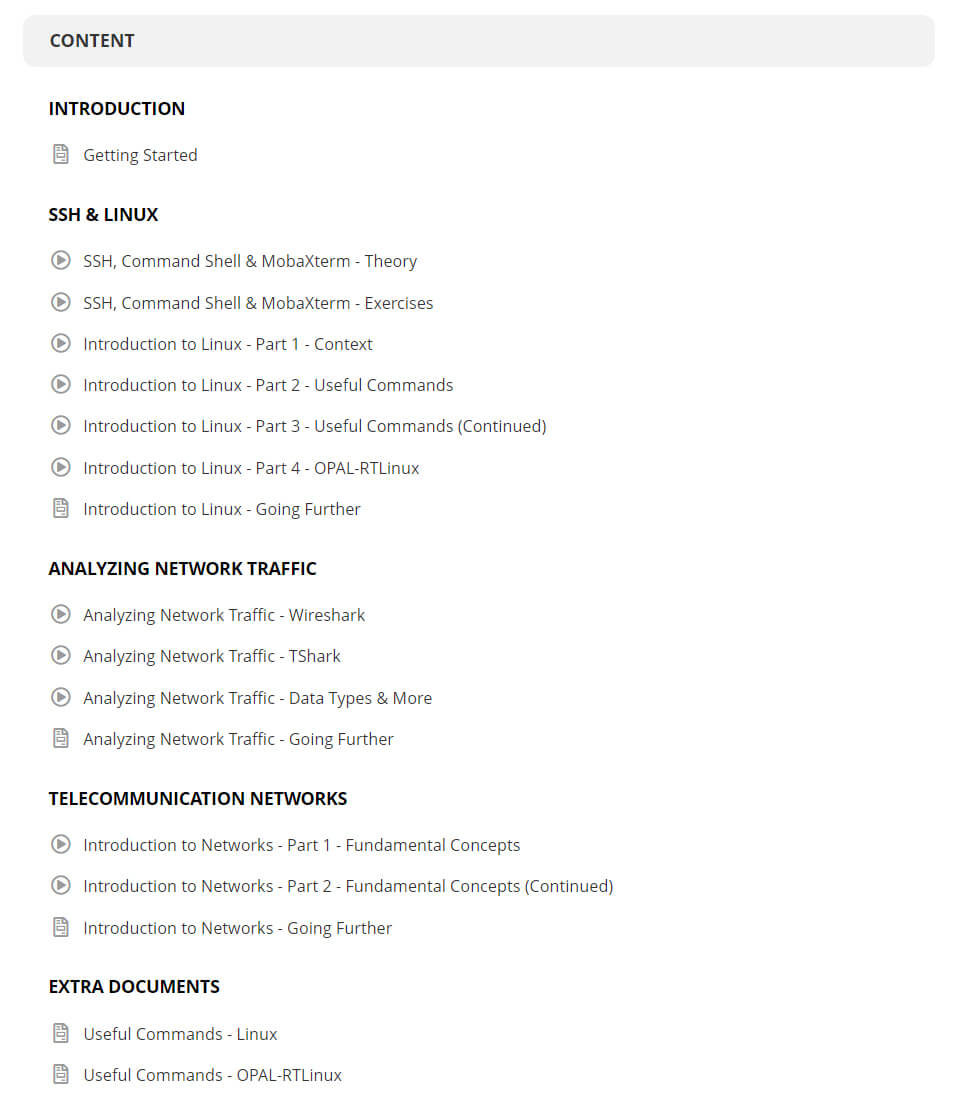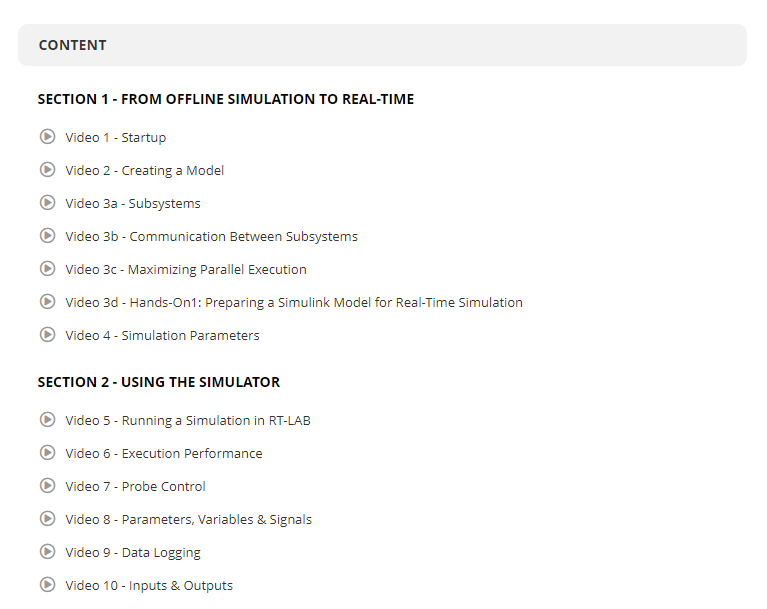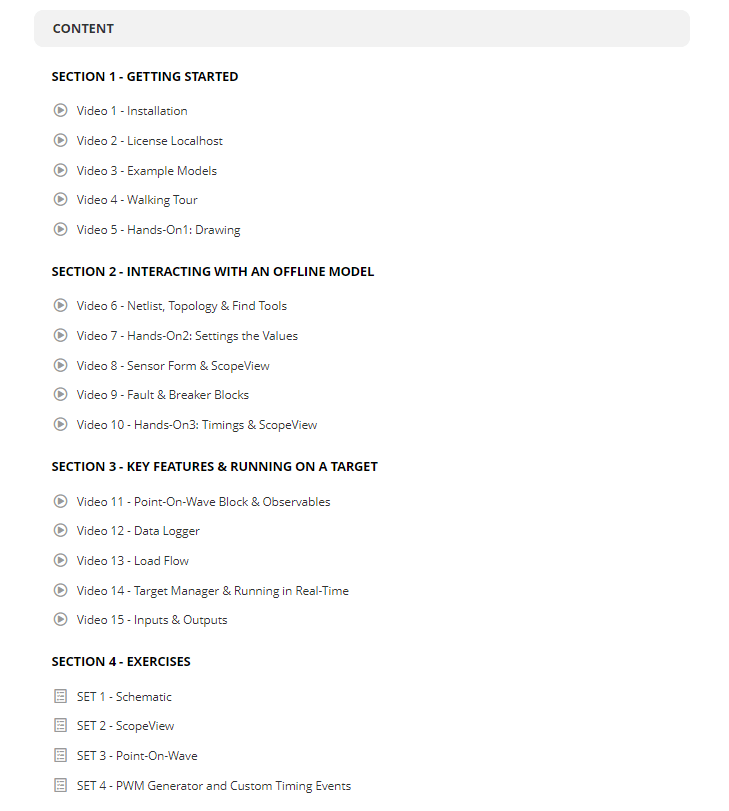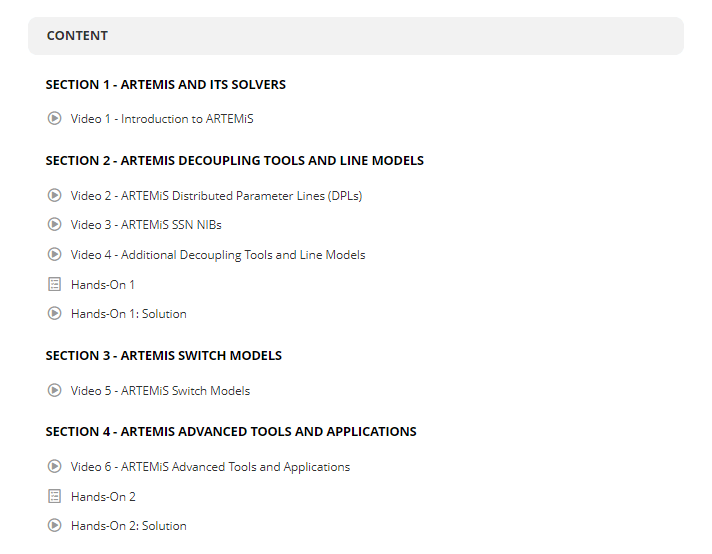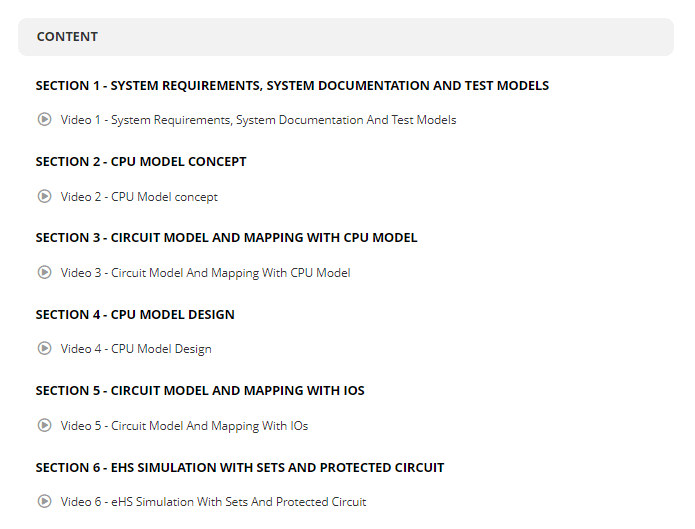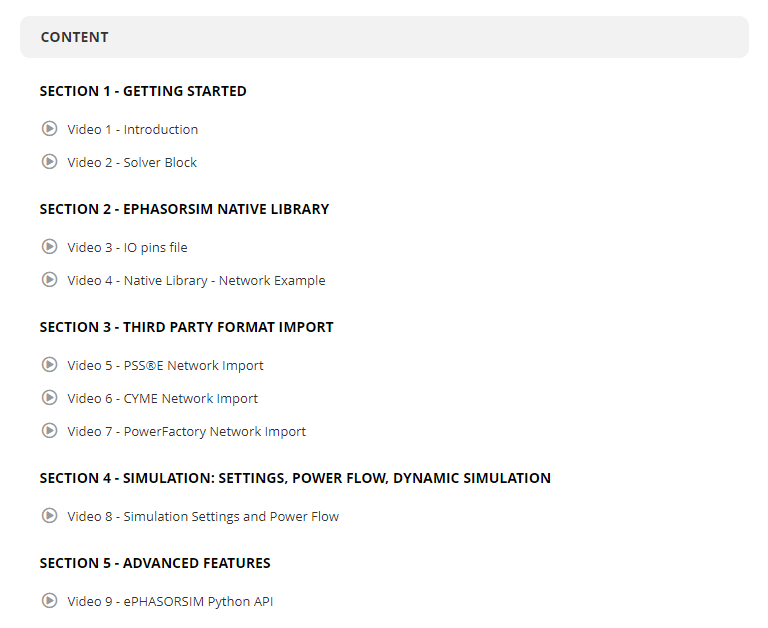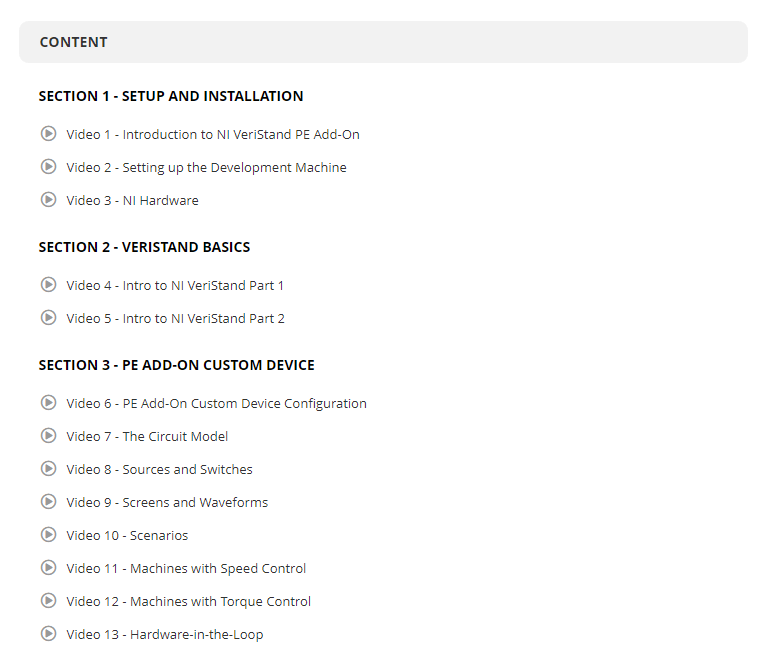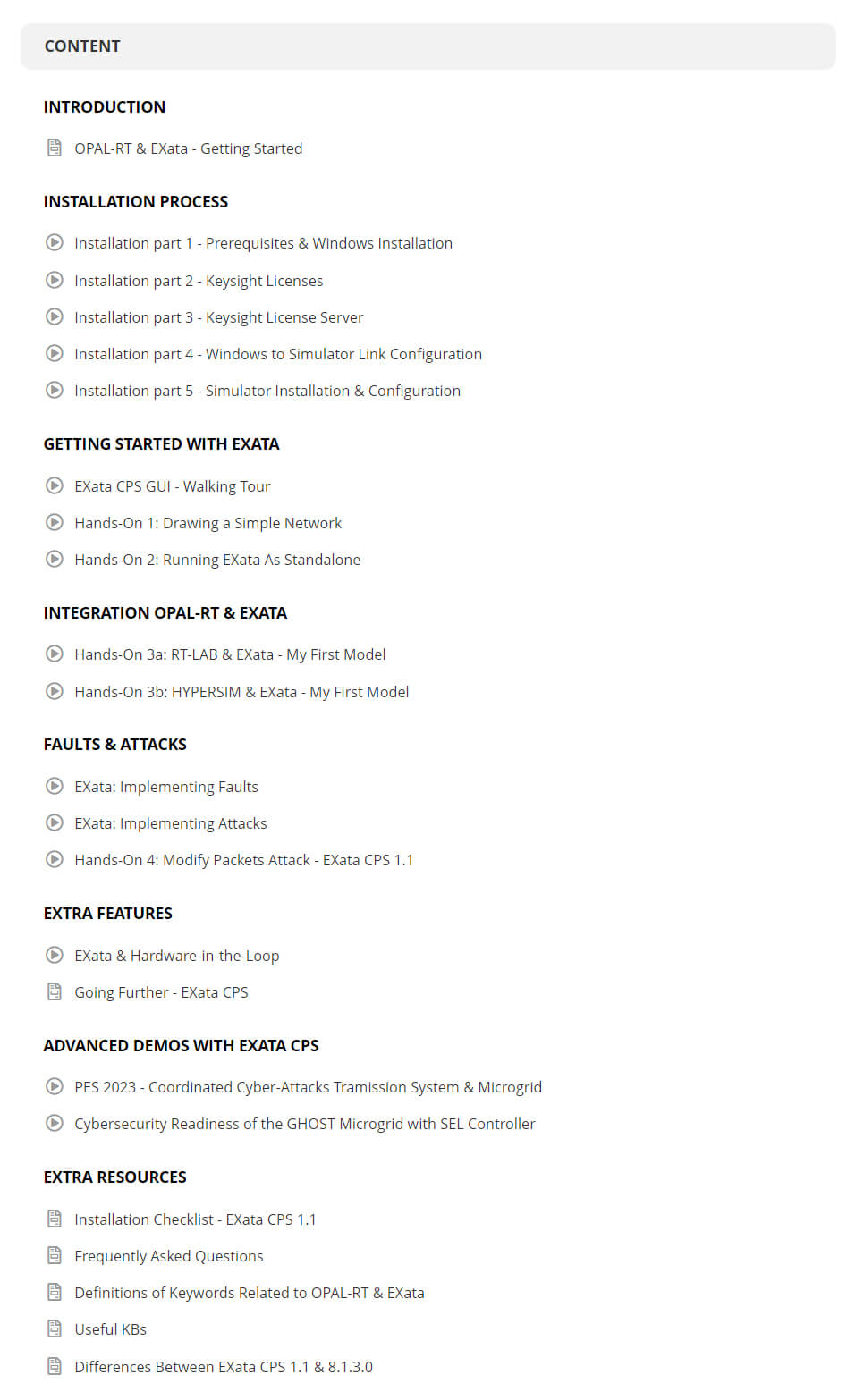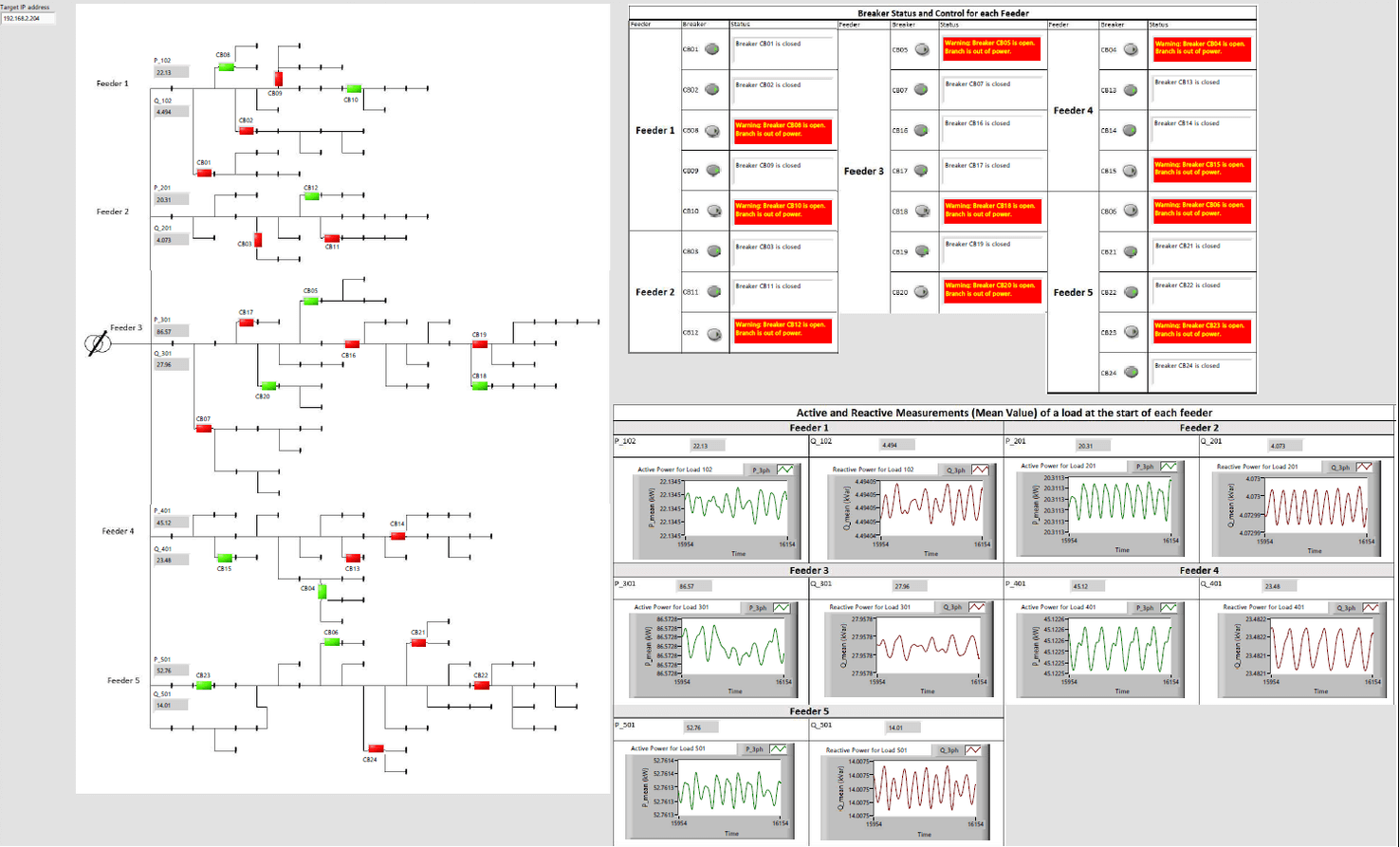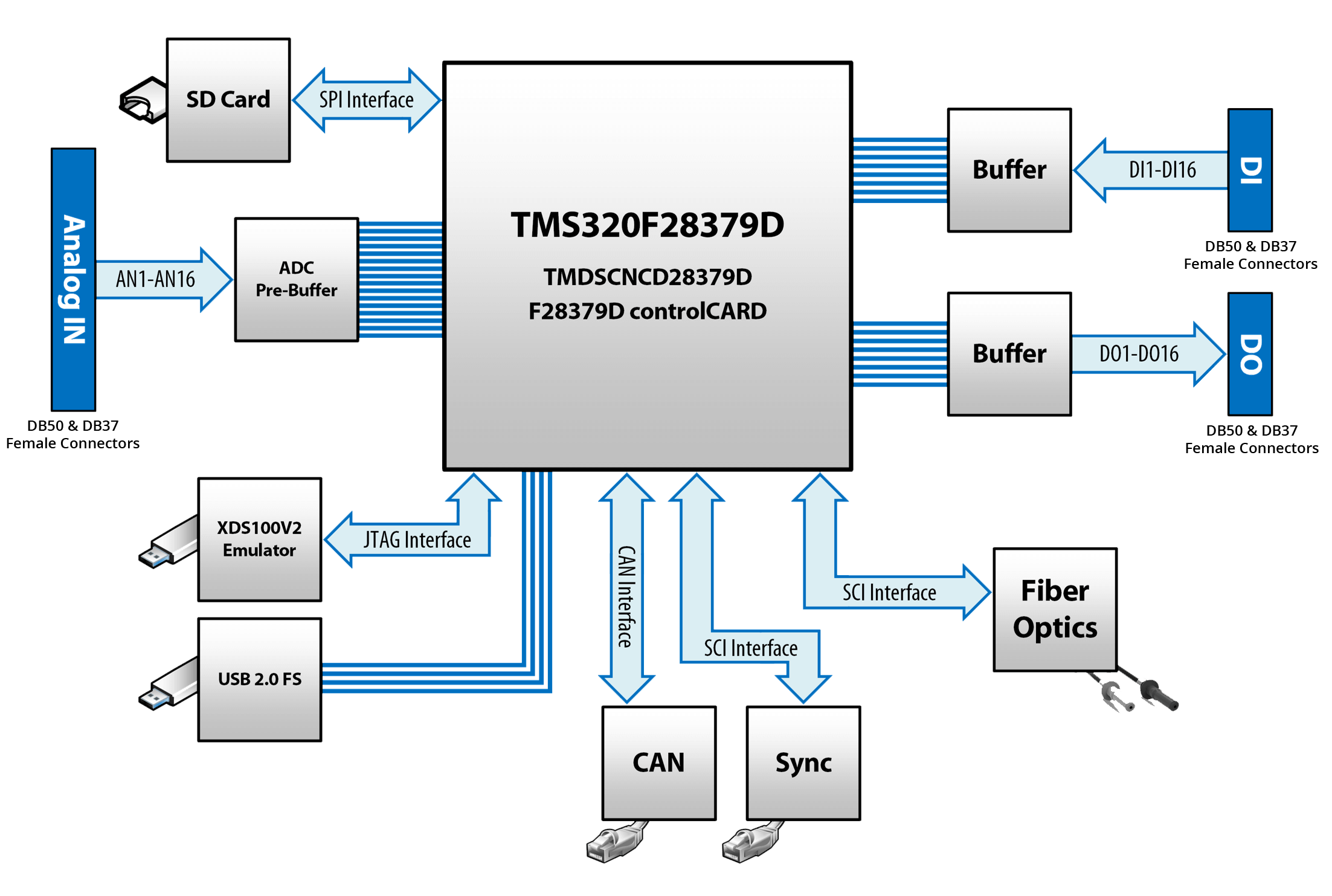OPAL-RT 32-BIT OS Obsolescence
OPAL-RT is proud to announce the 64-bit OPAL-RT Linux Real-Time Operating System is now standard on all new Platforms. The OPAL-RT Linux OS has been specifically designed and optimized for the most demanding Real-Time Hardware-in-the-Loop, Rapid Control Prototyping, and Digital Twin applications. It allows us to maintain forward compatibility with CPU & FPGA processors, ensures our architecture will continue to draw from the latest advances in computing, and enables us to continue developing bleeding-edge solvers, components, and performance enhancements optimized for Real-Time simulation.
With this exciting development, we will phase out support for our 32-bit operating system. This end of support may impact some clients, and we aim to outline why we decided to take this step, who is impacted, the timeline for the phaseout, and the available upgrade options.
What is the OPAL-RT Operating System?
OPAL-RT simulators are computers that have been optimized and specially built for Real-Time Hardware-in-the-Loop, Rapid Control Prototyping, and Digital Twin applications. They share the basic architecture of all computing systems, namely hardware components controlled by an overlaying Operating System that also manages all installed applications, including those that communicate with the host Windows PC, load models, and run the simulations.
Normally, users will never directly interact with the OPAL-RT Operating System, and instead interface with the simulator via our Windows-based simulation software, RT-LAB or HYPERSIM. Despite this, the simulator Operating System is a critical component to all our platforms, and helps to define the underlying capabilities, features, and performance of the simulator that users are familiar with.
We have developed and shipped several Operating Systems over the years, the latest being the 64-bit OPAL-RT Linux Real-Time Operating System that forms one of the pillars of our new XG Series.
Why are we ending support for the 32-bit OS?
In production since 2009, our 32-bit OS (“OPAL-RT Linux x86-based (32-bits)”), no longer meets the compatibility requirements of many of our hardware and software components, such as the 2nd generation Intel Xeon-based motherboards, PCIe boards, or third-party software such as MATLAB® Simulink versions >2015b, or the eXata CPS cybersecurity add-on, for example. Even many third-party bedrock components underlying our architecture, including programming languages, libraries, and APIs are no longer developed or maintained to support 32-bit systems. This industry-wide trend means many new developments planned in 2023 and beyond, including the new dashboard view, communication protocols, component libraries, algorithms & solvers, co-simulation frameworks, hardware expansion units, and performance optimizations will no longer be accessible to platforms running a 32-bit OS.
Taking these considerations into account, we felt now is the right time to turn the page and end support for the 32-bit OS. By focusing our development efforts on a 64-bit OS, we not only safeguard forward compatibility with emerging technology, but ensure our clients can remain flexible and up to date regardless of their operating system.
Who is impacted by this change?
Firstly, simulators running a 64-bit OS, including the XG Series simulators (OP4610XG, OP5033XG, OP5750XG, OP5705XG & OP5707XG) are not impacted. Only those platforms running the 32-bit OS delivered and are still actively receiving and installing new versions of RT-LAB or HYPERSIM are impacted. The hardware platforms that could be affected are the OP4510, OP5030/31/32, OP5600/40/50/60, and OP5707 with OPAL-RT Linux x86-based (32-bits) as their OS.
The OS installed on your simulator is detailed in your System Description Document. It can also be determined from the host PC:
- RT-LAB: open the Target Editor and go to the Diagnostic page where the operating System will be listed under the Platform as OPAL-RT Linux x86-based (32-bits).
- HYPERSIM: open the Target Manager and the OS will be listed in the Architecture column as linux-rhel5-32-opalrt.
Also note, starting with versions 2023.1 of both RT-LAB and HYPERSIM a pop-up message will appear alerting you if your simulator uses the 32-bit OS.
What does this end of support mean?
The last software versions with guaranteed support for the 32-bit OS will be RT-LAB 2024.1 and HYPERSIM 2024.1, anticipated for release during Q1 (January to March) 2024. Major bug fixes may still be issued in minor versions of RT-LAB and HYPERSIM 2024.1.x, expected through Q3 (July to September) 2024. Past this point and beginning with RT-LAB and HYPERSIM versions 2024.2 (expected Q3 2024), 32-bit systems will no longer be supported with any general release. Also note that the new Dashboards feature, which will be released with RT-LAB 2023.1 will not be supported in 32-bit systems. MATLAB Simulink® 2015b is the last version supported on 32-bit systems. Technical support is guaranteed until January 1, 2027 and exceptionally includes fixes to RT-LAB or HYPERSIM 2024.1.x to address issues that severely impact the functionality of a 32-bit simulator for clients who are still under a support contract. It may be possible to upgrade the operating system to the 64-bit OPAL-RT Linux OS or upgrade the hardware of the platform to the XG series, as described below. You can always contact your local OPAL-RT representative or our support team to discuss your situation.
*Long Term Support exceptionally includes fixes to RT-LAB or HYPERSIM 2024.1.x to address issues that severely impact the functionality of a 32-bit simulator for clients who are still under a support contract of the simulator.
What upgrade options are available to clients with 32-bit systems?
Some of these platforms can simply be upgraded to the 64-bit version of the OPAL-RT Linux OS. Others face architecture constraints preventing a straight-forward OS installation, so a package including a complete hardware platform upgrade to the XG series will be offered. Other users will be offered a reduced-price chassis swap.
The following table outlines the options available based on the impacted hardware platform. If your platform is not listed, then it is not impacted by this obsolescence. As a reminder, only those systems with the 32-bit OS are impacted, and none of the XG Series Simulators are affected.
| Platform | Option(s) |
|---|---|
| OP4510 | An upgrade to the latest OPAL-RT Linux OS will be available from Q4 2023. |
| OP5650 OP5707 | An upgrade of the hardware platform (motherboard & CPU) to the XG series running the OPALRT-Linux OS will be offered from Q1 2024. This will require you to ship your hardware platform to OPAL-RT to complete the upgrade. Contact your local OPAL-RT representative or support for details. |
| OP5030 OP5031 OP5032 OP5600 OP5640 OP5660 |
A chassis swap will be offered at reduced price |
Is an upgrade from 32-bits required?
No. The upgrade from the 32-bit to 64-bit OPAL-RT Linux OS is not required, particularly if you do not anticipate using new features, do not plan to expand your hardware, and do not install regular maintenance updates. However, we do recommend an upgrade if you need forward compatibility for your systems, if you do regularly install and use new software features, if you do plan to enhance your platform with hardware expansions, or if you do want to gain full advantage of the performance improvements that will be available with updates to a system running the 64-bit OPAL-RT Linux OS. The choice to upgrade really depends on how you use your platform, what is required of your system to get the results you need, and what your Real-Time simulation plans are beyond 2024.
You can always contact your local OPAL-RT representative or our support team to discuss your situation, and the best course of action for your platform.
Contact Us
If you have any questions please contact us by visiting this page on our website: https://opal-rt.com/find-local-contact/



